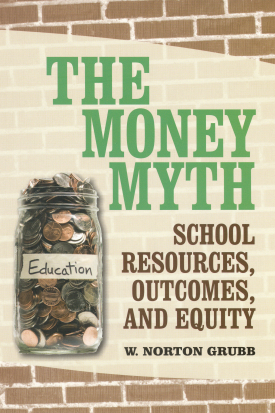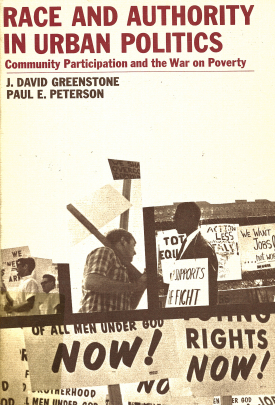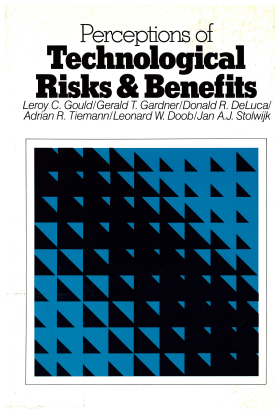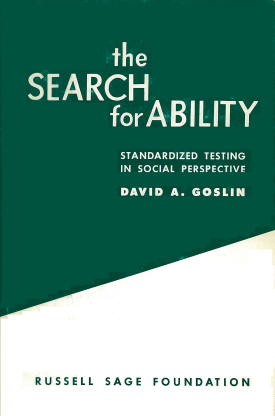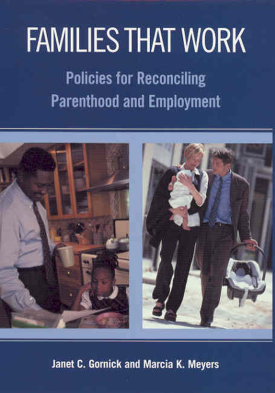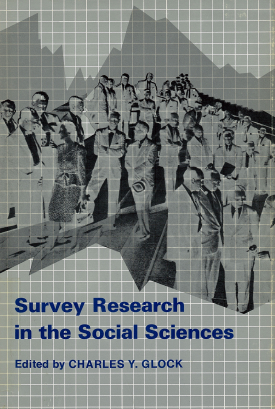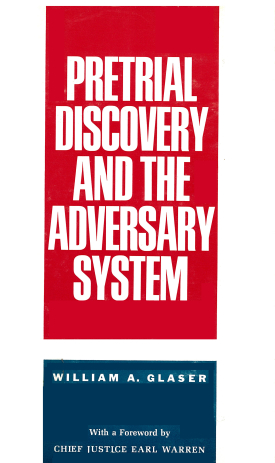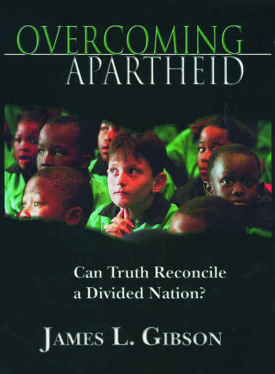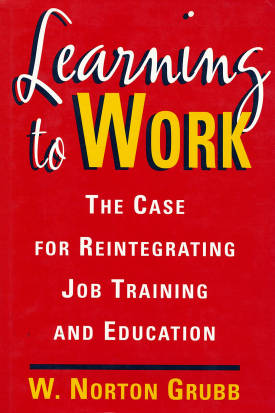
Learning to Work
About This Book
"Grubb's powerful vision of a workforce development system connected by vertical ladders for upward mobility adds an important new dimension to our continued efforts at system reform. The unfortunate reality is that neither our first-chance education system nor our second-chance job training system have succeeded in creating clear pathways out of poverty for many of our citizens. Grubb's message deserves a serious hearing by policy makers and practitioners alike." —Evelyn Ganzglass, National Governors' Association
Over the past three decades, job training programs have proliferated in response to mounting problems of unemployment, poverty, and expanding welfare rolls. These programs and the institutions that administer them have grown to a number and complexity that make it increasingly difficult for policymakers to interpret their effectiveness. Learning to Work offers a comprehensive assessment of efforts to move individuals into the workforce, and explains why their success has been limited.
Learning to Work offers a complete history of job training in the United States, beginning with the Department of Labor's manpower development programs in the1960s and detailing the expansion of services through the Comprehensive Employment and Training Act in the 1970s and the Job Training Partnership Act in the 1980s.Other programs have sprung from the welfare system or were designed to meet the needs of various state and corporate development initiatives. The result is a complex mosaic of welfare-to-work, second-chance training, and experimental programs, all with their own goals, methodology, institutional administration, and funding.
Learning to Work examines the findings of the most recent and sophisticated job training evaluations and what they reveal for each type of program. Which agendas prove most effective? Do their effects last over time? How well do programs benefit various populations, from welfare recipients to youths to displaced employees in need of retraining? The results are not encouraging. Many programs increase employment and reduce welfare dependence, but by meager increments, and the results are often temporary. On average most programs boosted earnings by only $200 to $500 per year, and even these small effects tended to decay after four or five years. Overall, job training programs moved very few individuals permanently off welfare, and provided no entry into a middle-class occupation or income.
Learning to Work provides possible explanations for these poor results, citing the limited scope of individual programs, their lack of linkages to other programs or job-related opportunities, the absence of academic content or solid instructional methods, and their vulnerability to local political interference. Author Norton Grubb traces the root of these problems to the inherent separation of job training programs from the more successful educational system. He proposes consolidating the two domains into a clearly defined hierarchy of programs that combine school- and work-based instruction and employ proven methods of student-centered, project-based teaching. By linking programs tailored to every level of need and replacing short-term job training with long-term education, a system could be created to enable individuals to achieve increasing levels of economic success.
The problems that job training programs address are too serious to ignore. Learning to Work tells us what's wrong with job training today, and offers a practical vision for reform.
W. NORTON GRUBB is professor of education at the University of California, Berkeley.

